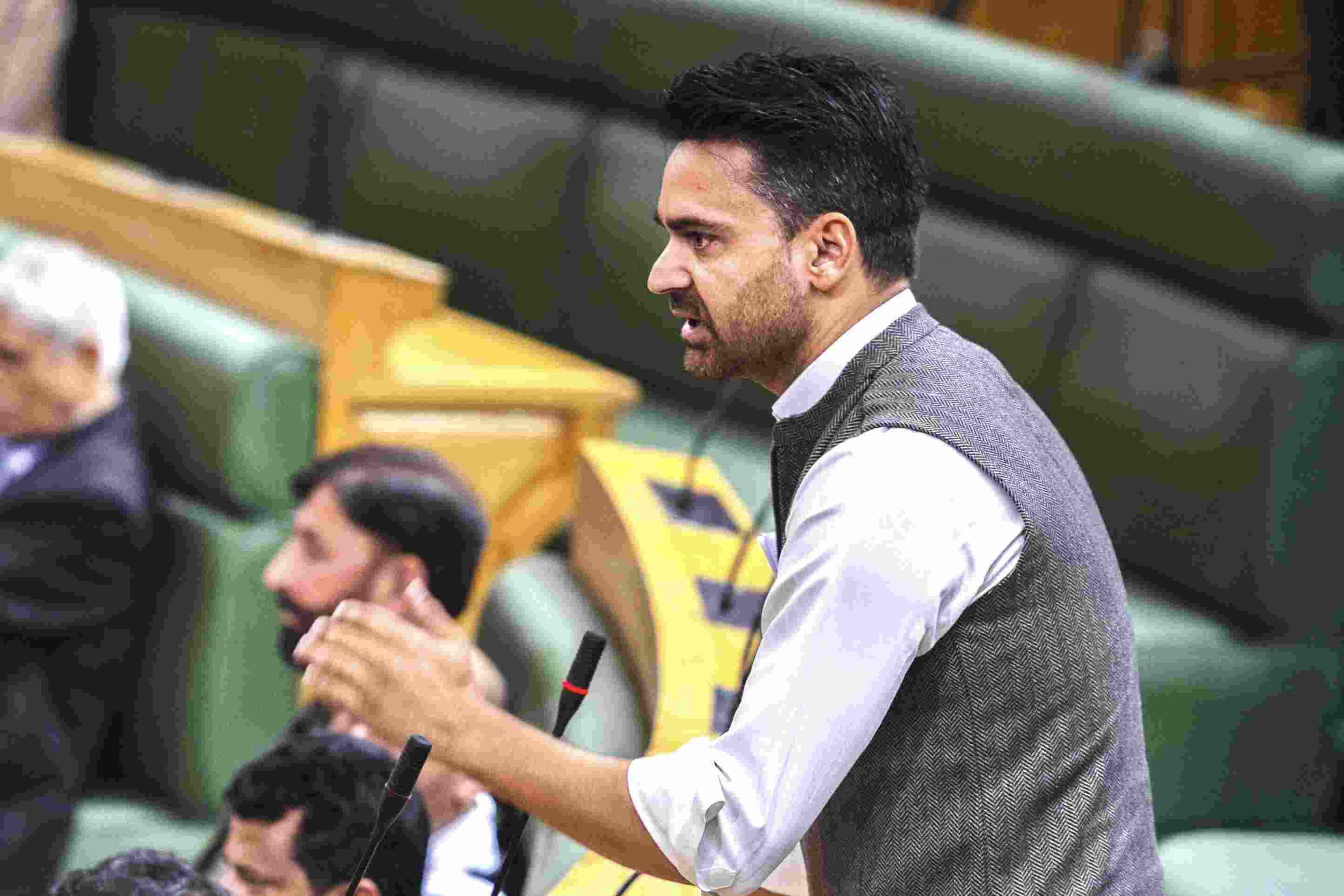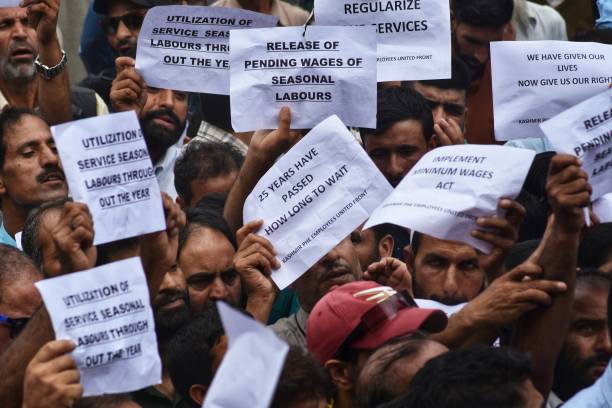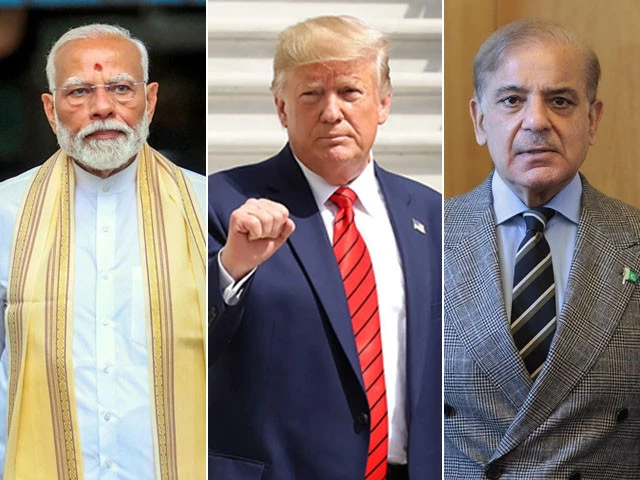In a high-stakes geopolitical twist, former U.S. President and 2024 Republican front-runner Donald Trump has announced a 25% tariff on all imports from India, just days ahead of his self-declared global trade deadline. At the same event, Trump revealed a new U.S.–Pakistan energy deal, sparking diplomatic tremors across South Asia and drawing sharp reactions from Indian political and economic circles.
Tariff Bomb on India
Speaking at a fiery campaign rally in Ohio, Trump accused India of exploiting U.S. markets while offering little in return. “India is charging us massive tariffs. It’s time we play fair. From August 1, a 25% tariff goes into effect on everything they send us,” he said.
This blanket tariff threatens to disrupt trade worth over \$120 billion annually, affecting key Indian exports such as textiles, pharmaceuticals, software services, and automotive parts. Trump claimed India’s “high tariffs and friendship with Russia” are “no longer tolerable.”
Despite the aggressive tone, Trump added that trade negotiations with India are “still ongoing” and left the door open for possible adjustments—though only if India agrees to what he described as a “fair, reciprocal deal.”
Oil Trade with Pakistan
In contrst to this Trump announced that the U.S. will partner with Pakistan to “develop its massive, untapped oil reserves.” He added, “They might even sell some of that oil to India one day—who knows?”
The announcement stunned analysts, especially since Trump had once cut aid to Pakistan, accusing it of harboring terrorists. But now, the former president says Pakistan under “new leadership” is showing a “business-first mindset.”
No specifics were provided on the scale, location, or timeline of the oil collaboration. However, it’s already being seen as a strategic move to reshape South Asia’s energy map—and sideline India from future deals.
According to official U.S. documents reviewed by NewsEye: Sectors like pharmaceuticals, semiconductors, and green tech are temporarily exempt from the 25% tariff. Automobiles, metals, textiles, and processed foods are among the hardest hit.














